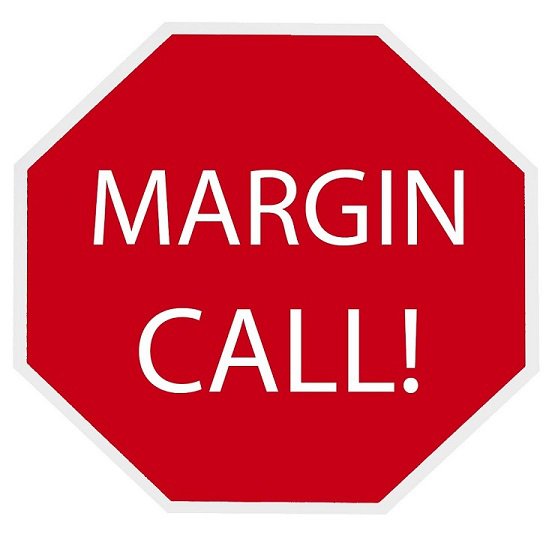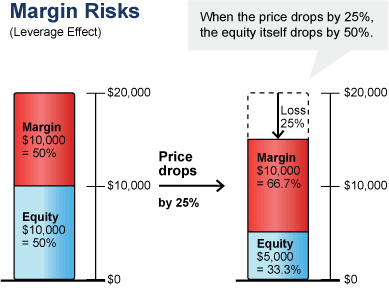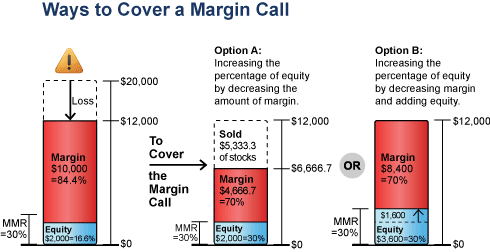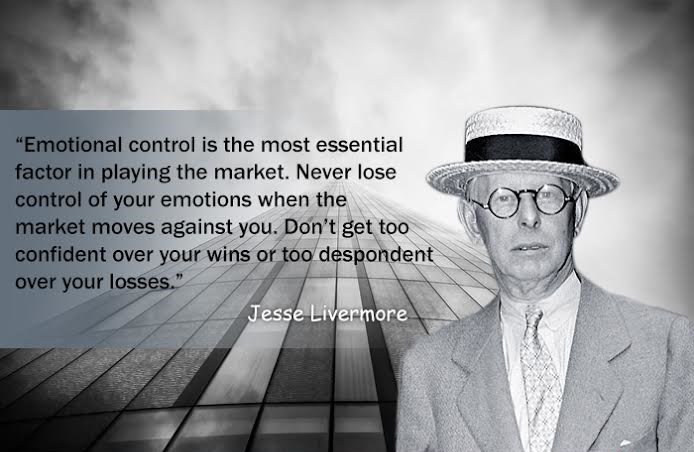Margin is one of the reasons Forex trading has become so common and popular nowadays. It allows traders even with little capital to participate in what would usually be hundred thousand dollar trades at the minimum. However, margin can also turn into a poison pill when you’re on the wrong side of the market. When this happens, your broker will ask you to top up your account balance to keep your account from being wiped out.

The word margin call comes from the call brokers would make in the 20th century to their clients about their accounts being almost wiped out. Nowadays, the margin call can be through a voice call, but it is more often by email, although the Forex trading platforms also show a warning if the margin call is reached. (Learn more: LiteForex MT4 and MT5 Platforms Assessment)
About margin and margin call
There are various terms you will have to understand first before we look at how you can avoid margin calls:
What is margin?
To understand the concept of margin, you can think about it as a mortgage down payment or a loan. The initial deposit or collateral offered allows you to gain access to a higher-valued asset. The same is true for leverage, which acts as a good faith deposit to grant you access to the funds required for the trade.
In Forex, currency pairs are traded in lots, and one standard lot is worth $100,000. For most traders, this amount of money would be hard to raise for just a single trade, but margin can help you. Let’s take the example of a Forex broker who offers leverage at 100:1; to trade one lot, you would only need $1,000 which would turn to a notional value of $100,000 thanks to leverage.
Say, you had $10,000 in your account, $1,000 would be set aside to act as the margin for the trade. In this sense, $1,000 would be deducted from your account and wouldn’t be accessible, but the other $9,000 would still be tradeable. Your 1-lot trade has been traded with a notional value of $100,000 because the broker offered leverage allowing you access to $100,000 with a $1,000 margin, just like taking out a loan or mortgage at a bank. Don't forget to check the IC Markets Account Types and Trading Features.
What is leverage?
Leverage is the ratio of money the broker is willing to put up against your margin. In the above case, the margin was 100:1, but some of the best Forex brokers offer up to 1000:1 leverage. With such leverage, you would only need a margin of $100 to trade one lot worth $100,000. Now you can see why the Forex market is so popular. Traders no longer need thousands of dollars to participate because profits are enormous with minimal capital.
As you can see, the brokers are usually at a disadvantage when offering high leverage, because they have to put up $99,900 to enable a trader with 1000:1 leverage to trade one $100,000 lot. This is why mini and micro-lots have been created which require $10,000 and $1,000 respectively to buy one lot.
What is a margin call?
Back to our example, let’s assume the trade went well, and brought back a 1% gain, this would increase the value of the trade to $101,000. For the trader, the entire profit would be theirs, and they would earn $1,000 from the trade, a 100% profit. On the other hand, if the trade went bad, they would also suffer the entire loss. In this case, let’s assume the loss is 1%, which would turn the investment into $99,000, the entire $1,000 loss would be deducted from the $1,000 margin, leaving the trader with nothing.

When choosing a trading strategy, all these factors need to be considered.
To protect their traders, brokers provide margin calls to protect their client’s capital. If the client had more than $1,000 in their account, the losses from the trade would start to be deducted from the remainder of the capital, and the account could be potentially wiped out. This is why brokers automatically close out trades at a certain percentage.
How to avoid margin calls
What follows after a margin call is usually a stop-out unless the markets turn in your favor. This is usually one of the worst situations a trader can find themselves in, and you should do your best to avoid being in such a situation. Here are some risk management in Forex tips to keep you away from the dreaded call:
Choose a broker with low margin call level
Being a decentralized market, Forex brokers get to choose their level for a margin call. These are usually referred to as house requirements among brokers. Every broker will set their margin requirement level depending on various factors including:
- amount of leverage offered, whereby higher leverage usually incurs a higher margin requirement level
- the broker type: ECN, STP, or DD (dealing desk). STP Forex brokers tend to have higher margin requirement levels because they stand to lose a lot more compared to ECN Forex brokers to their market makers. (Learn the differences between instant vs. market execution)
The margin level can range anywhere from 100% to 20%, with the stop-out level being slightly lower than that. Various brokers will have varying levels, and you compare Forex brokers and find the one with the least amount of margin requirement level. However, such brokers with very few requirements may also have less favorable trading conditions such as lower leverage, so you should try to find the broker with the right balance for you. We recommend you to check our XM Broker Leverage and Forex Spreads Overview.
Keep the leverage low
High leverage can be very tempting because it allows you to trade bigger lots and gain larger profits from trades. From the example above, you can see how quickly a $100 trade with a leverage of 1000:1 can be wiped out – even a 0.1% drop would wipe out the margin. With a lower margin, a 1% drop would be required to wipe out the margin. By increasing the percentage at which your margin can be wiped out, you reduce the chances of margin calls and give yourself a chance for the markets to go your way.
When choosing a Forex broker, take note of the leverages they offer because you may need to adjust your leverage depending on market volatility. When there is little volatility, higher leverage may be used to magnify the profits from small market movements, while the opposite can be done when volatility is very high.
Have a high capital
Brokers these days have started to include the entire capital in your account in the margin percentage to reduce the chances of margin calls. To take advantage of this, ensure you have a reasonable amount of capital in your account. You can now open an account with as little as $50, but this amount makes it easy to lose your entire capital to stop-outs. A larger capital above $1,000 ensures that the margin percentage remains high regardless of the losses.
Keep the amount of risk low
This means choosing smaller lot sizes. An entire lot is worth $100,000, but some mini and micro-lots require less capital and margin. Ensure that the lot sizes you trade are reasonable depending on your trade capital to limit risk. You should also reduce the number of simultaneous trades because numerous trades reduce your margin percentage and put you at risk of a margin call. (Risk-management in Forex)
Always use stop-loss
Finally, the only reason you get a margin call is that you didn’t cut your losses early. Always remember to cut your losses early using a stop loss so that you never get a margin call. The rule is to cut your losses early and let the winning trades run as much as possible.
Most traders, maybe even all traders including myself, have received a margin call during their career. I prefer to look at it as a step of initiation because it is out of these moments that you learn what not to do and become a better trader. ( The 10 steps of successful traders)
What do you do when you receive a margin call?
Although it is done to request you to deposit more money, you should either allow yourself to be stopped or close the trades yourself immediately.

When your broker gives you a margin call, it’s because you are losing out on your trades and forgot to cut your losses. This is among the 10 most common mistakes Forex traders make. The Great Bear of Wall Street Jesse Livermore once said that a margin call was an alert that you were on the wrong side of the market. (Learn more: User Testimonials on Forex.com Trading Experience)

As we know, the worst thing you can do is hope that the markets will somehow turn around – they don’t. When an asset is taking a beating in the markets, only a miracle can save it, and we don’t rely on miracles. By funding your account after a margin call, you’re hoping that a miracle will happen. As Livermore put it, “Why send good money after bad? Keep the money for another day.” Funding your account once again will, at best, keep you from being stopped out, but chances are high that your capital will be severely depleted.
Furthermore, unless you deposit a significant amount of money, those funds may not be enough to keep you from being stopped. You will already be on the wrong side of the market. This means that more losses will follow and money for funding your account with the required capital to meet margin requirements will be wiped out and you will receive yet another margin call.
For more on margin calls, here's a video that illustrates the basics:

 CanadaUS
CanadaUS